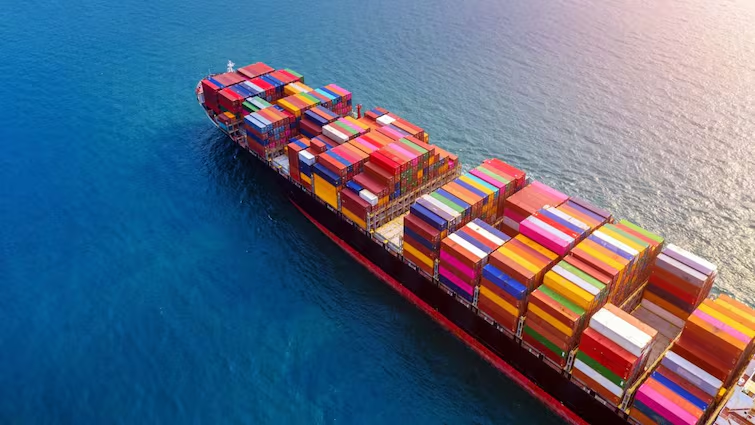Rising trade tensions and policy uncertainty are significantly darkening the global economic outlook, according to latest reports from leading international organizations.
The World Trade Organization (WTO) projects that the volume of global merchandise trade is expected to decline by 0.2 percent in 2025 under current tariff conditions, nearly 3 percentage points lower than the previous forecast based on a “low tariff” scenario, in its latest Global Trade Outlook and Statistics report published on Wednesday.
‘A brake on global growth’
The WTO further warned of severe downside risks posed by the reinstatement of the U.S. “reciprocal tariffs” and spillover of trade policy uncertainty, which could lead to an even sharper decline of 1.5 percent in global goods trade in 2025.
The WTO noted big regional disparities regarding the impact on goods trade by recent tariff measures in place as of April 14.
North America is expected to see a “particularly steep” decline in goods trade, with exports forecast to drop by 12.6 percent, according to the WTO. Meanwhile, Asia is expected to post modest trade growth, with exports and imports both forecast to grow by 1.6 percent. Europe is expected to register a 1.0 percent increase in exports and a 1.9 percent rise in imports.
WTO Director-General Ngozi Okonjo-Iweala said the trade policy uncertainty threatens to “act as a brake on global growth,” with severe negative consequences for the world, particularly the most vulnerable economies.
Speaking at a press conference on the report, the WTO chief stressed that a reinstatement of the “reciprocal tariffs” could carry severe consequences and urged the exemption of the least developed countries from such tariffs.
Investment decisions delayed
The United Nations Trade and Development (UNCTAD) said in a report released on Wednesday that the world economy is on a recessionary trajectory, with global growth expected to slow to 2.3 percent in 2025 due to rising trade tensions and a historical high policy uncertainty.
In its Trade and Development Foresights 2025 report, UNCTAD said that rising trade tensions are impacting global trade, adding that trade policy uncertainty is at a historical high, leading to delayed investment decisions and reduced hiring.
The organization expressed concern over the impact of the economic slowdown on developing countries, especially the most vulnerable economies.
However, UNCTAD underlined the growth of South-South trade, which accounts for about one third of global trade, as a source of resilience and a buffer against uncertainty.
The development of China has been promoting “a steady growth of South-South trade,” the report said, adding that the potential of South-South economic integration offers opportunities for many developing countries.
(With input from Xinhua)



